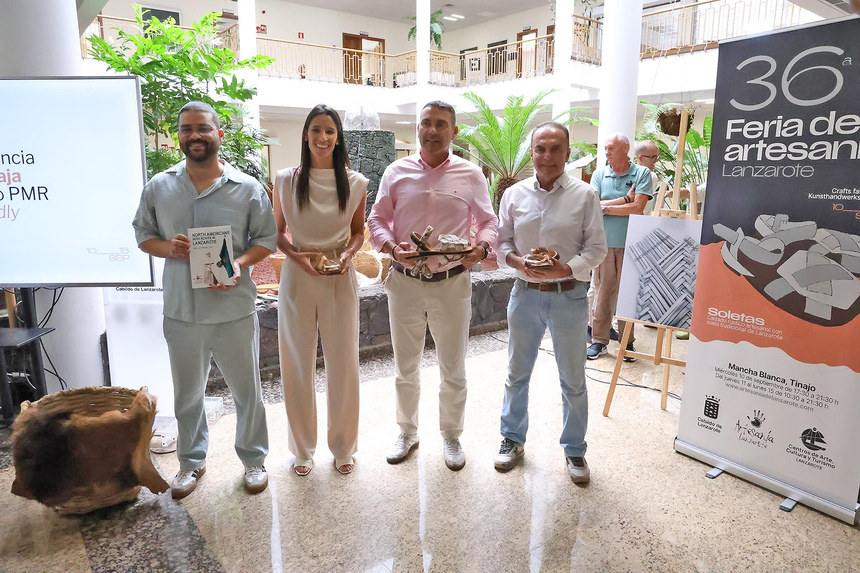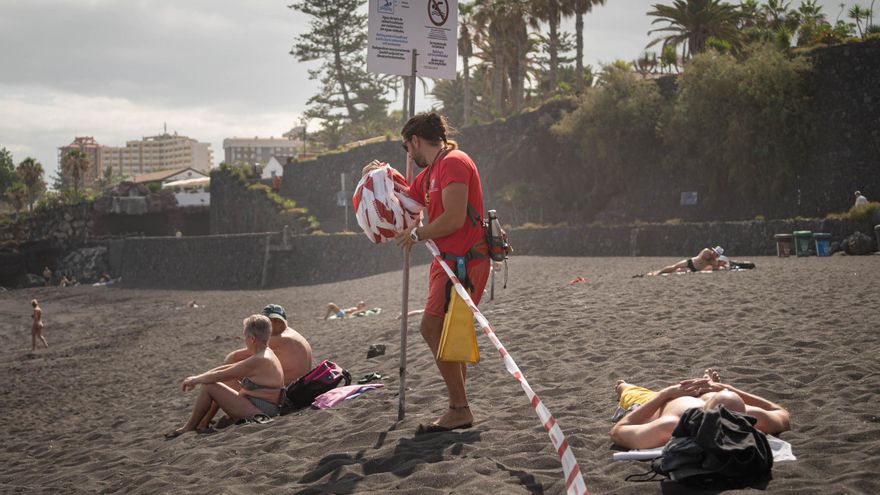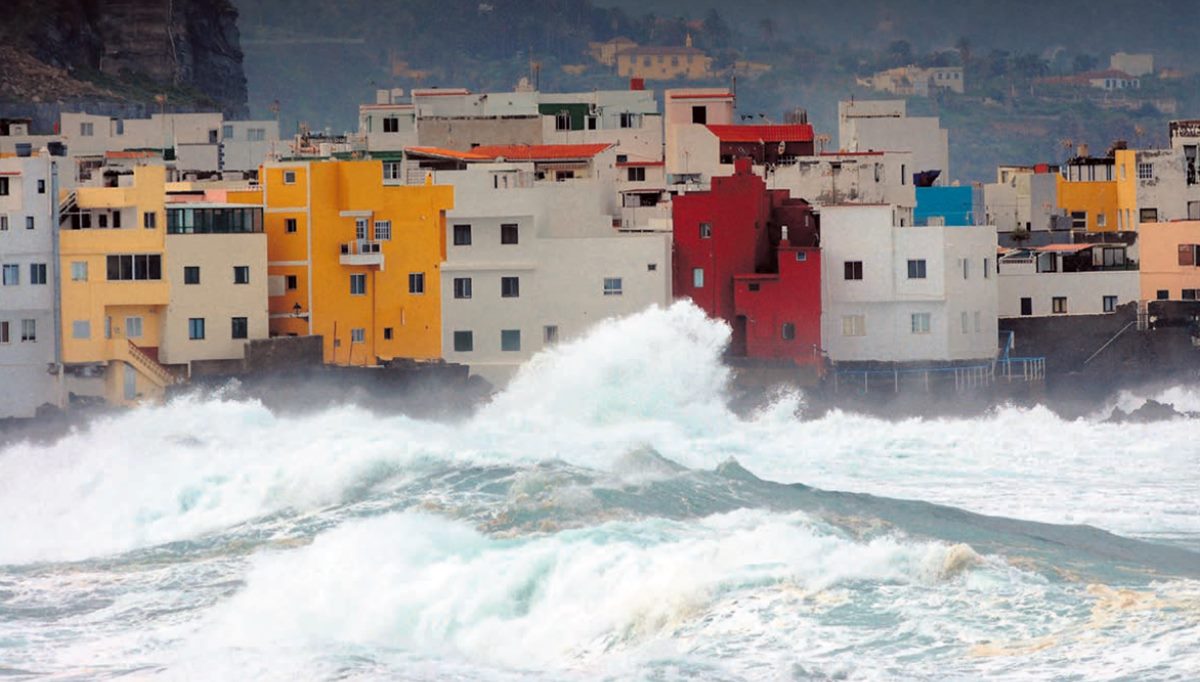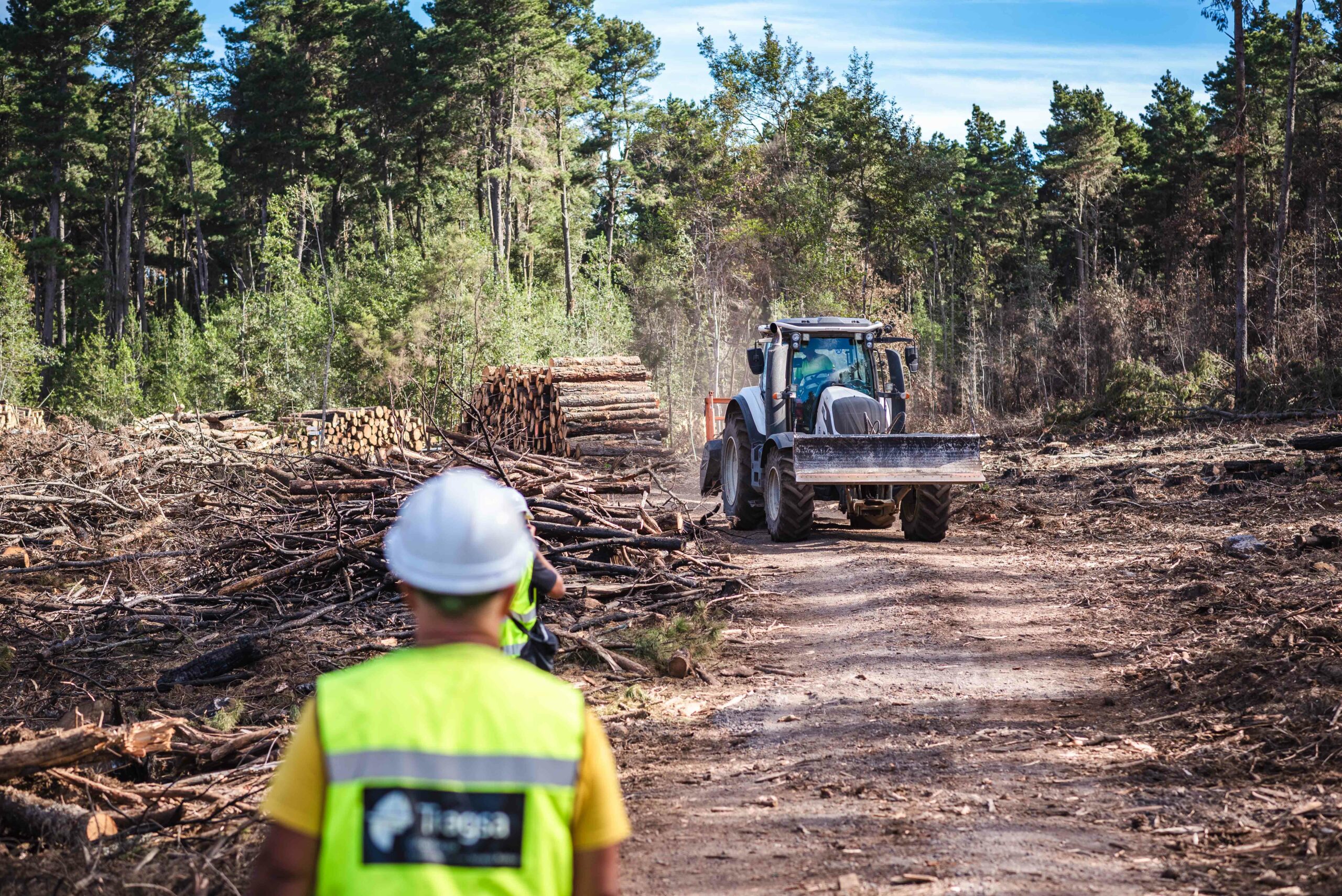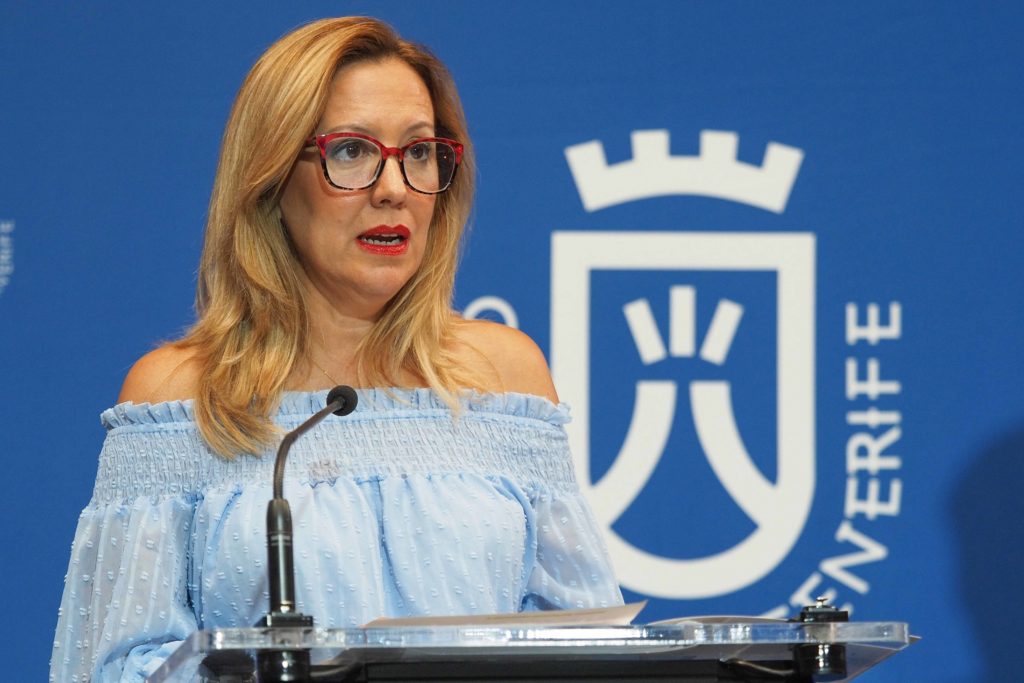Clavijo States “There Are No Excuses” and Expects “Common Sense” to Prevail Among Autonomous Communities to Establish an Efficient System for Migrant Minors

The President of the Canary Islands Government, Fernando Clavijo, announced on Wednesday that his administration has requested a migration contingency plan to triple its capacity for hosting unaccompanied migrant minors. The islands currently accommodate around 5,200 minors, in accordance with the decree law approved on Tuesday.
Call for Action
In statements to the press following a meeting with the Secretary General of UGT, Pepe Álvarez, the President remarked that “there are no excuses” to commence the process and expressed his conviction that the Prosecutor’s Office will intervene “ex officio” to ensure compliance.
“The Prosecutor’s Office has greatly assisted us in this care process, hence we hope we do not have to resort to that; we hope common sense prevails,” he emphasised, highlighting the need to be “diligent” and address the “overcrowding” of minors.
Legal Obligations
The President insisted that the decree cannot be halted unless “some judicial body determines a precautionary measure, which is not the case,” as the Supreme Court has clearly spoken on the situation of minors, particularly those under international protection. Furthermore, the Constitutional Court has indicated that it is a “concurrent competence,” stating that autonomous communities have obligations because they pertain to minors, but the State also “has the obligation” to ensure “solidarity and protect the best interests of the child.”
As a result, he urged regional leaders that “in a country of 50 million inhabitants, distributing four children should not be a problem” and that creating such a debate does “a disservice to democracy” and the rights of children.
In his view, the integration of minors must be “full” and accompanied by guaranteed services.
“We must not forget that there are children who perhaps embarked on this journey with their parents, only to find themselves alone after losing them. Some have seen their parents thrown overboard, so we must approach this issue with humanity,” he stated.
Urgent Procedures Required
Regarding the State, he called for “agility” in procedures to avoid delays in the asylum-seeking minor’s system.
“I believe we can do much better; all of us can improve. We will hire an additional 26 staff until the year’s end to help process all that documentation because, in the end, they are children, with their guardianship and rights,” he commented.
Consequently, the procedure establishes that from this Wednesday, all unaccompanied minors arriving must be assigned to the autonomous community to which they will be referred within 15 days. For those already residing in the archipelago, the deadline extends to one year.
“This is what the law states, and we expect it to be fulfilled. We hope not to have to turn to the courts again to enforce the law, but the procedure I believe is established,” he explained.
Asylum Seekers Update
On asylum seekers, he confirmed that another twenty will depart to the mainland between Wednesday and Thursday, with NGOs offering places to the State.
“The truth is we do not quite understand the reason for this slowness, as it seems they are departing in trickles. I am uncertain whether there is a strategy to now use this decree to facilitate more departures,” he noted, although he remained positive that “they are leaving,” albeit not at the pace the regional government desires.
“Currently, the relationship with the Ministry of Inclusion, Social Security, and Migration, as well as with the various ministries involved in finalising this decree, is fluid, at least in tone and cordiality. It may not be as effective as we would like, but surely they would also say they are doing the right thing,” he remarked.
Criticism of Right-Wing Populism
Clavijo mentioned that the rise in immigration is focused in the Canary Islands, but he acknowledged that the route “may eventually affect the Balearics or later Andalusia,” suggesting that society must learn to “coexist with a migratory phenomenon that is an inherent part of being human.”
“Last century, more than half a million Canarians had to leave to seek work in other parts of the world, and we did so normally. We must learn to manage this with dignity,” he stressed.
In this context, he condemned the use of immigration as a “xenophobic and fascist political tool that often relates to skin colour,” noting the lack of “contention” regarding the arrival of Ukrainian refugees.
Clavijo expressed criticism of the “right-wing populism, xenophobic and fascist” that “manipulates the pain and future of these children in a petty attempt to garner a handful of votes.”





